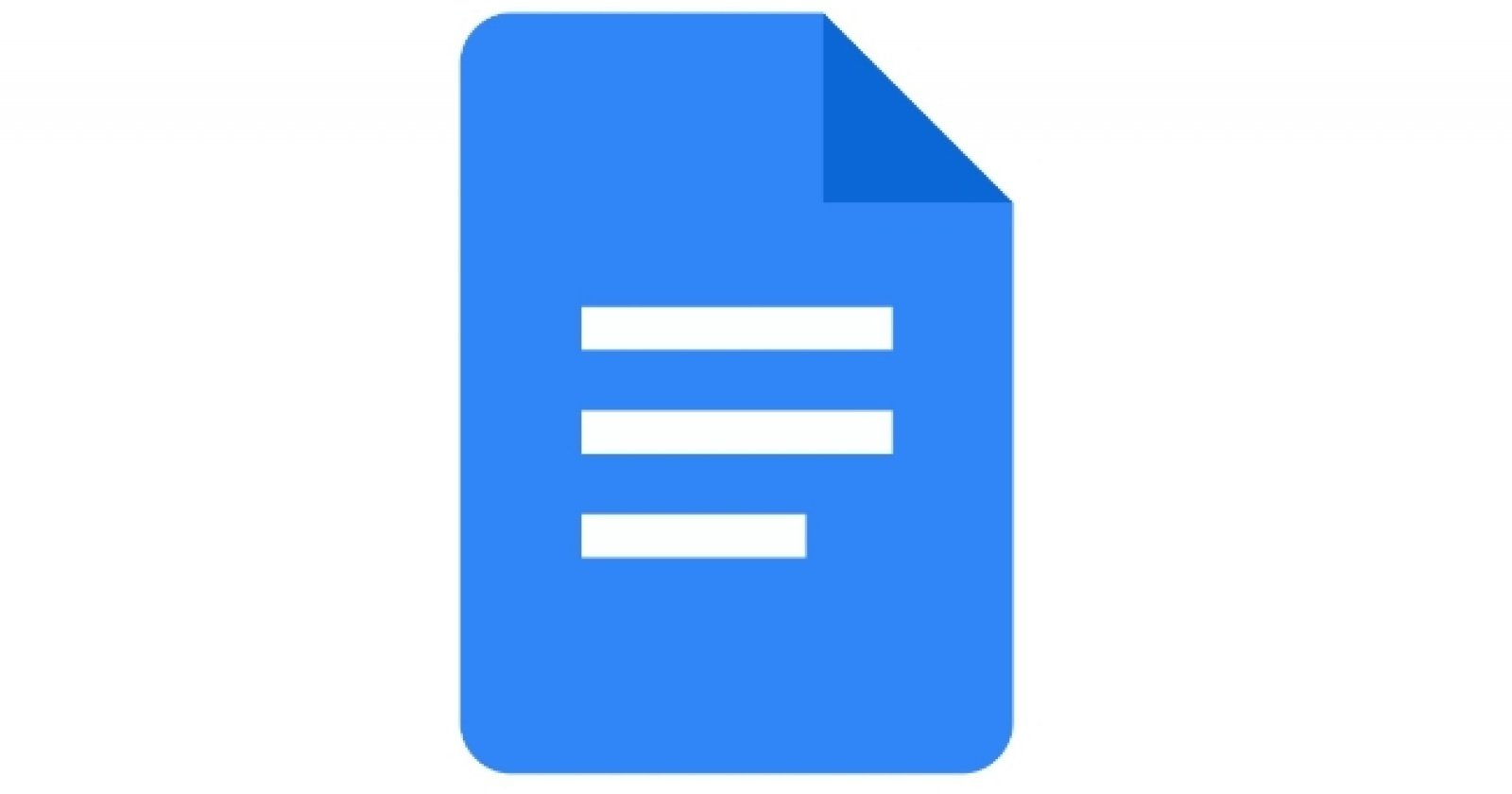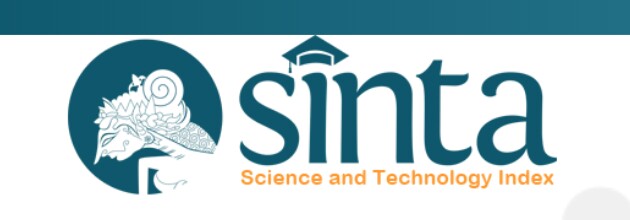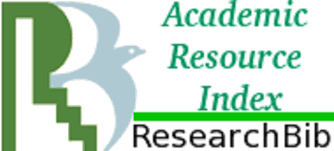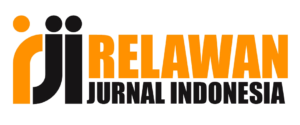A FAKTOR-FAKTOR YANG MEMPENGARUHI POLA MENYUSUI PADA MASA PANDEMI COVID-19
Abstract
Pandemi atau epidemi global mengindikasikan infeksi Covid-19 sangat cepat hingga hampir tidak ada wilayah di dunia yang terhindar dari virus corona. Situasi pandemi covid-19 yang terjadi di Indonesia, diharapkan tidak membuat para ibu nifas menyusui takut atau berhenti memberikan ASI-nya. Pemerintah telah melakukan berbagai upaya untuk menghentikan penyebaran virus corona. Salah satu upaya pencegahan penularan covid-19 diantaranya dengan menerapkan protokol kesehatan termasuk pada masa menyusui. Penelitian ini bertujuan mengetahui faktor yang mempengaruhi pola menyusui pada masa pandemi covid-19. Desain penelitian menggunakan analitik korelatif dengan pendekatan cross sectional. Populasi penelitian seluruh ibu menyusui, pengambilan sample menggunakan purposive Sampling. Pengumpulan data menggunakan kuesioner tertutup secara online selama satu bulan. Analisa data berupa analisis bivariant menggunakan uji chi-square sedangkan analisa multivariante menggunakan uji regresi logistic ganda (multiple regretion). Hasil penelitian didapatkan terdapat faktor yang memiliki hubungan yang bermakna dengan pola menyusui ibu menyusui dimasa pandemi covid-19 yaitu pengetahuan (p 0,001), sikap (p 0,005) dan hasil analisa multivariate didapatkan nilai p 0,001 (α<0.005) sehingga diketahui bahwa variabel tersebut memberikan pengaruh nyata terhadap pola menyusui pada masa pandemi covid-19. Bidan bekerjasama dengan kader kesehatan diharapkan meningkatkan upaya edukasi tentang informasi menyusui dimasa pandemi covid-19 sehingga dapat meningkatkan pengetahuan dan merubah sikap serta perilaku ibu menjadi lebih baik.
ABSTRACT
A global pandemic or epidemic indicates that Covid-19 infection is so fast that almost no region in the world has been spared from the corona virus. It is hoped that the Covid-19 pandemic situation that occurs in Indonesia does not make postpartum mothers afraid of breastfeeding or stop breastfeeding. The government has made various efforts to stop the spread of the corona virus. One of the efforts to prevent the transmission of covid-19 is by implementing health protocols, including during breastfeeding. This study aims to determine the factors that influence breastfeeding patterns during the Covid-19 pandemic.The research design uses correlative analytic with a cross sectional approach. The study population was all breastfeeding mothers. The sample was taken using purposive sampling.Data collection used a closed online questionnaire for one month. Data analysis was in the form of bivariant analysis using the chi-square test, while multivariant analysis used multiple logistic regression tests (multiple regretion). The results showed that there were factors that had a significant relationship with the breastfeeding pattern of breastfeeding mothers during the Covid-19 pandemic, namely knowledge (p 0.001), attitude (p 0.005) and the results of multivariate analysis obtained a p value of 0.001 (α <0.005) so that it is known that these variables had a real influence on breastfeeding patterns during the Covid-19 pandemic. Midwives in collaboration with health cadres are expected to increase educational efforts about breastfeeding information during the Covid-19 pandemic so that they can increase knowledge and change the attitudes and behavior of mothers for the better.
Copyright (c) 2021 Jurnal Ilmiah Kesehatan Media Husada

This work is licensed under a Creative Commons Attribution 4.0 International License.
The authors who publish their articles in Jurnal Ilmiah Kesehatan Media Husada must approve the copyright statement as follows :
1. The authors agree to automatic transfer of the copyright to the publisher
2. All material contained in this site is protected by law.
3. If you find one or more articles contained in the journal that violate or potentially infringe your copyright, please contact us via email lppmkwidyagamahusada@ac.id
4. The formal legal aspect of access to any information and articles contained in this journal site refers to the terms of the licensed under a Creative Commons Attribution 4.0 International License. . This allows authors and others to share (copy and redistribute the material in any medium or fomat) and adapt (remix, transform, and build upon the material) for non-commercial purposes.
4. All Information contained in the journal is academic. The journal is not liable for any losses incurred by misuse of information from this site.







1.png)








